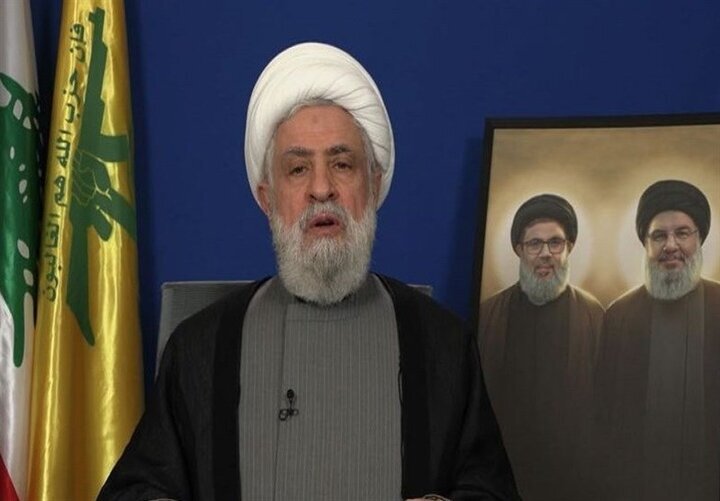Hezbollah Disarmament Challenges: How Sheikh Naim Qassem Upended the Calculations

The English section of webangah News Agency, citing Mehr News Agency, reports that Al-Akhbar newspaper analyzed the diplomatic activity in Beirut following Iranian National Security Council Secretary Ali Larijani’s visit to Lebanon and the presence of U.S. envoys thomas Barrack and Morgan Ortagus.The article notes that Saudi envoy Yazid bin Farhan is also expected to travel to Beirut.
Washington continues to activate pressure diplomacy regarding Lebanon, urging Lebanese officials to take necessary steps toward disarming the resistance. While this trip appeared aimed at encouraging Lebanese leaders,the American delegation actually sought to gauge Lebanon’s stance,especially after Larijani’s visit.
Barrack and Ortagus’s visit was brief; they traveled immediately to israeli-occupied territories after their meetings concluded. in an interview with Qatar’s Al Araby network, Lebanese Deputy Prime Minister Tarek Metri stated that if israel does not commit to the American framework, Lebanon will see no obligation to abide by it either.
Implications of Hezbollah Secretary-General’s Speech
Informed sources described Sheikh Naim Qassem’s recent speech as his most forceful since the end of the war. They said his remarks had a clear impact in Lebanon and caused hesitation among Lebanese officials in their decisions. Consequently, Qassem’s statements were discussed during Barrack’s sessions with Lebanon’s top leadership-the three presidents-and Army Commander Joseph Aikal.
Trusted sources revealed that Lebanese President Michel Aoun raised three key points during his meeting with Barrack and Ortagus:
First: Aoun stressed that Lebanon has already taken an initial step by deciding on a timeframe for limiting arms. He assigned responsibility for drafting an implementation mechanism for this decision to the Lebanese army. He added that Washington must secure Damascus and Tel Aviv’s approval for this agreement becuase Lebanon cannot proceed without reciprocal actions.
Second: He emphasized supporting the Lebanese army, noting it currently lacks necessary capabilities and equipment and cannot fulfill this mission alone.The army awaits international assistance.
Third: Aoun called for establishing essential infrastructure for launching financial and economic support projects targeting Lebanon.
Lebanese Prime Minister Nawaf Salam told Barrack he expects Washington to fulfill its responsibilities by pressuring Israel into halting antagonistic actions, withdrawing from occupied areas, and releasing prisoners. Salam also underscored prioritizing financial support and equipping Lebanon’s armed forces so they can carry out required missions effectively.
An official source familiar with these talks said both Aoun and Salam anticipated Hezbollah would remain silent about disarmament legislation or feel compelled by recent Israeli threats to concede ground-but Sheikh Qassem defended resistance arms more strongly than expected. Meanwhile, Israel has rejected any political commitments toward Lebanon in recent weeks while continuing its operational violations against Lebanese territory.
Barrack Offers No New Proposals
The Al-Akhbar source noted “Barrack brought nothing new” on this trip before adding that Speaker Nabih Berri insists Israel withdraw from occupied lands and cease hostile acts before any discussion about disarmament can proceed.
A day before meeting Barrack on Al-Arabiya TV network, Berri reiterated these demands sharply: “During your last visit here a deal was reached; why did you not uphold it until matters reached this point?”
Berri also questioned whether Israel would honor a ceasefire agreement including withdrawal recognized along internationally accepted borders-a prerequisite he views as essential for stability in Lebanon,
a chance for rebuilding efforts,
the return of residents southward,
and reinforcing support elements crucially needed by the Lebanese army.
.


